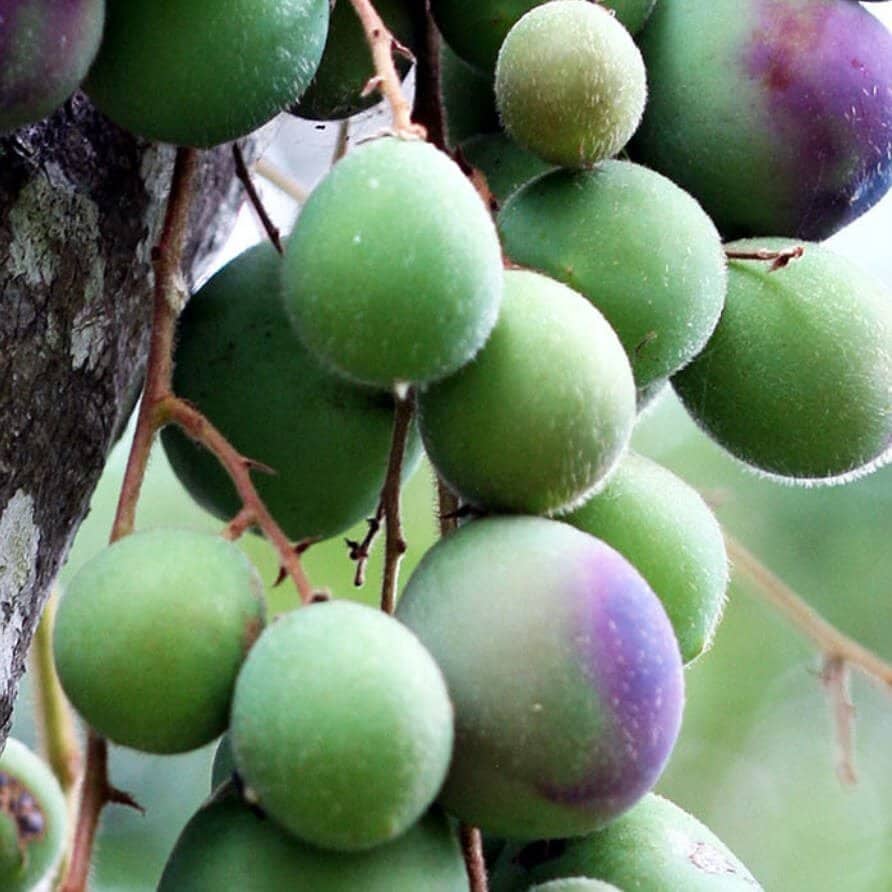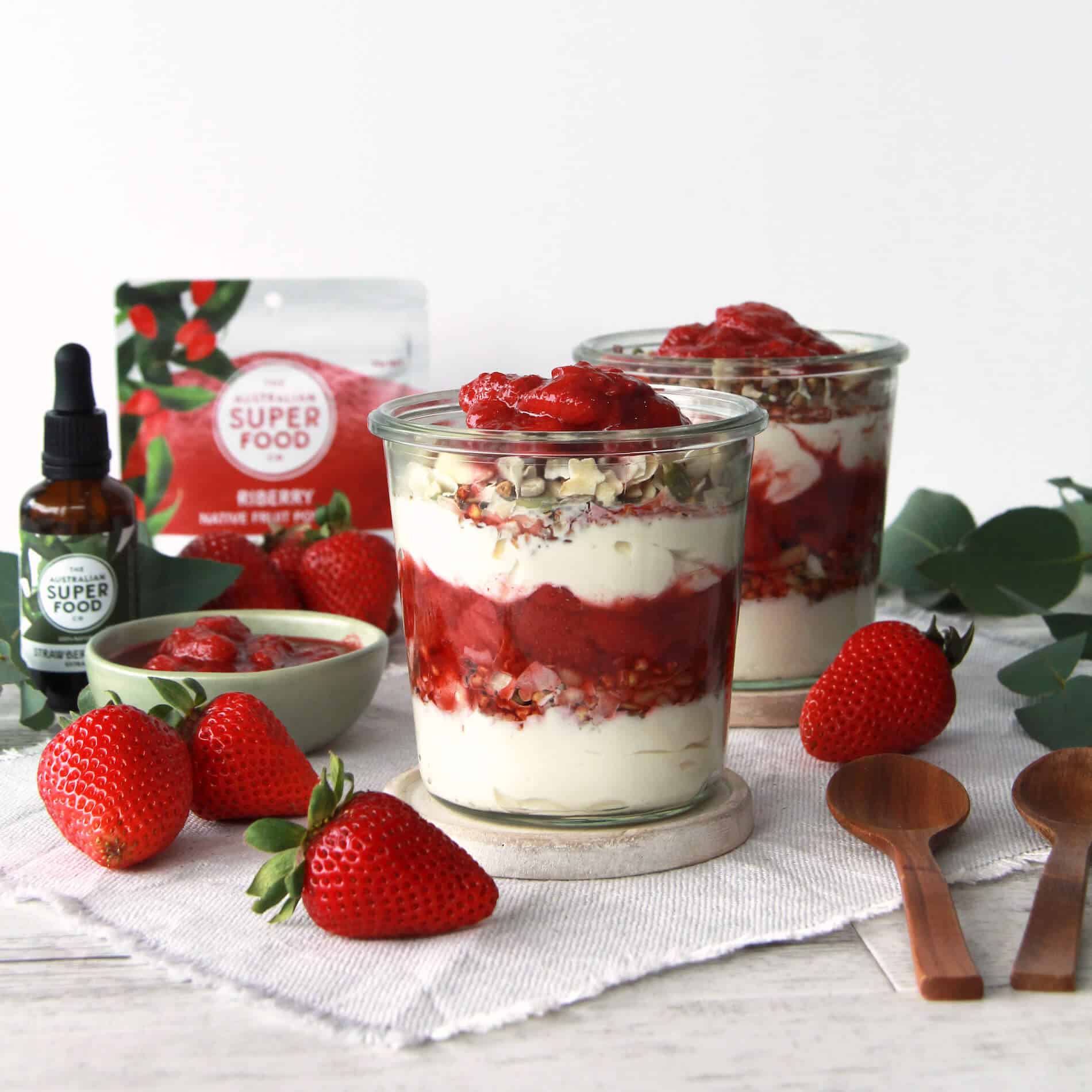Food Nutrients vs. Supplements
08/10/2015Consuming a sufficient amount of micronutrients in your diet can be a considerable challenge without the right understanding and knowledge of food. I mean, how much broccoli and kiwi fruit do we really have to eat to reach our RDI (recommended daily intake) of Vitamin C?
Add the copious list of diets, intolerances and allergies we’re all battling with to the mix and you’ve got yourself a conundrum.
So how do we go about meeting our dietary needs?
Experts suggest that the ideal way for our bodies to acquire the correct nutrients remains to be, through food. Dietitian Hayley Blieden recommends applying the notion of quality over quantity. This along with a balanced diet of fruit, vegetables and wholegrains provides the variety of micronutrients that your body requires (some of which are yet to even be discovered).
Unfortunately however, misinformation, unsubstantiated claims and false perceptions have us immersed in the world of ‘health’ supplements. Whether it be vitamins, minerals, herbs/botanicals, amino acids or something even more extreme, we’ve all been sucked in at some point.
The Unnatural Truth
Blieden explains that most supplements are partially, if not entirely synthetic, “worryingly, the word ‘natural’ is thrown around quite liberally in the health food world, with even those supplements claiming to be natural often using synthetic extraction methods”.
It is not uncommon for petroleum extracts, coal tar derivatives, chemically processed sugar plus acids and industrial chemicals to be present during extraction and concoction or in the compound itself.
Similarly, while the term bio-identical is defined as mimicking nature, it is still synthetic despite the word ‘identical’ deceivingly implying otherwise.
As for those vitamins and supplements that are authentically 100% natural, it needs to be taken into account the method in which they are procesed and the conditions in which they are stored, as these factors affect an ingredient’s potency.
Why Nature Knows Best
Rule of thumb: the closer you come to consuming nutrients in their natural state, the better
Ideally speaking, whole, natural food, in season and locally grown is the way to go. Like most things, these nutritional properties accomplish more together than they do alone.
Vitamins and minerals interact when consumed naturally and as one, working collectively along with phytonutrients and supporting molecules found in plants that are required for absorption into the body to help you reach peak health.
Irrespective of not getting enough nutrients in your diet, the questions must also be raised – at what point are we over-supplementing our diets, and are unsafe intakes an issue?
When consumed via synthetic means, the answer is, ‘yes’. Research suggests that excessive folic acid (the artificial form of folate) as one example may contribute to Colorectal Cancer (Bowel Cancer). This however is not an issue when it is consumed naturally, in food.
For those taking multivitamins, this means being wary of what (and how much) nutrients you are consuming through your diet in addition to your multivitamin, which already contains your RDI of folic acid.
Similarly, those supplements that do meet 100% natural standards such as herbs and botanicals, don’t necessarily contain the same strength and purity make-up as the real thing. As mentioned, how and where a herb is extracted and stored (generally offshore and en masse) affects its labile composition, and consequently, your nutrient intake.
The Australian Superfood Solution
Here at The Australian Superfood Co, there is strong emphasis on bringing you 100% natural products that supplement your diet through nutrient density in food, as opposed to synthetic means. The Australian Superfoods we use are not only farmed or wild harvested on home soil, but then extracted through natural processes and handled with utmost care.
Storage conditions such as sealed packaging, correct temperatures and moisture content are all taken into account. Furthermore, our methods of freeze-drying and air-drying fruits along with product shelf life ensure that no nutritional density is sacrificed from original composition of the fruits.
It’s true what they say, nothing’s better than the real thing. Try supplementing your supplements with nutrient dense foods and simply let nature do its job.
Work with a dietitian to plan a natural, nourishing diet personalised to your own health requirements. If you are taking supplements for a specific illness, always consult with your doctor.











